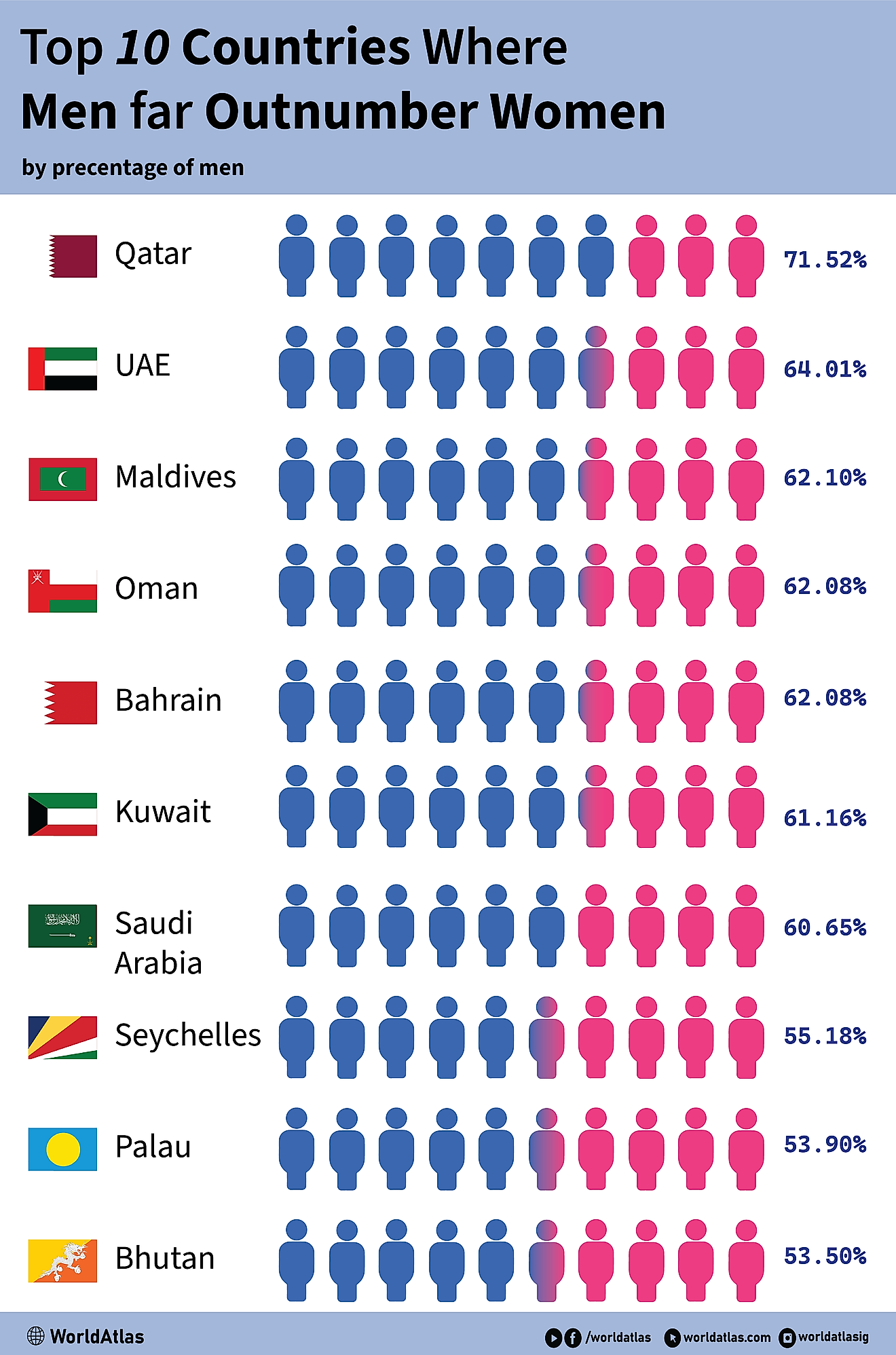What Was The Balfour Declaration?

On November 2, 1917, the British Government’s Foreign Secretary James Balfour wrote a public letter to Britain’s eminent Jewish Citizen, Baron Lionel Walter Rothschild, informing him of His Majesty’s government’s support for the creation of a Jewish national home in Palestine. This letter became the famous Balfour Declaration (“Balfour’s Promise” in Arabic) and was immediately influential in the after-war occurrences including the “mandate” system that the Versailles Treaty created, entrusting Britain to be the Palestinian administrator working for both Arab and Jewish inhabitants. At the time of the declaration, Palestine was an Ottoman region and the Jews were the minority. Balfour Declaration cleverly used “national home” as opposed to “state” in an attempt confuse international law that had no reference to the former. Additionally, this term did not give a definite area or boundary which is the cause of the current boundary disputes.
Background
The background of this declaration has been the subject of controversies as various sources seem not to agree. The first view is that the British government was majorly Zionist, and most of the people sympathized with Jews whereas another point of view suggests that Britain wanted a solution to the “Jewish Problem” by giving them Palestine. However, there are general points of agreements such as the British government was sympathetic to the persecution of Jews in Europe; lobbying and connections between British Government and the Zionist community; to get support among Jews in the US and Russia who might have had the power to influence their governments to support the war, Britain had to side with the Zionists; and controlling Palestine would mean keeping Egypt and the Suez Canal within Britain’s influence.
In the 1800s, separatist Ottoman governor Muhammad Ali of Egypt occupied Syria and Palestine whereas France acted as a protector of Catholics in the area and the Middle East. On the other hand, Russia’s influence in the region revolved around protecting the Eastern Orthodoxy, consequently, Britain had no sphere of influence and therefore, with the help of evangelical Christians, supported global migration of Jews back to Palestine. The emergence of Zionism and the outbreak of World War I only accelerated the return of Jews that Ottoman rule had restricted for long. On November 9, 1914, four days after declaring war on the Ottoman Empire, British cabinet began discussing Zionism and annexation of Palestine to get Jewish support in the war and after. Furthermore, Britain supported Hussein bin Ali, Sharif of Mecca’s revolt against Ottoman Empire in return for an Arab independence save for specific regions that may have included Palestine. With the change in Britain’s government, the new cabinet favored partitioning of the Ottoman Empire after winning the war. This Zionist and British project received support from major players including the Pope before the drafting of the brief declaration.
Reaction and Consequences
Zionists
This declaration galvanized Zionism all over the world as they distributed the publication to many countries.
Palestine
Palestinian Muslims and Christians who made up 90% of the population opposed the declaration. They believed that Europe was overstepping its bounds in the decision which was about a non-European territory, and which disregarded the presence of the residents of that territory.
Arab World
Arab leaders, including the Sharif of Mecca saw the declaration as a British betrayal because they had wartime agreements. Britain had earlier promised Arabs independence from the Ottoman Empire and had also promised France that most of Palestine would be under international administration.
Impact of the Balfour Declaration
Historians believe that the declaration was the precursor to 1948 conflict known as Palestinian Nakba when Britain trained and armed Zionist groups who expelled approximately 750,000 Palestinians from their homeland. This declaration created a conducive environment for the Jewish minority to gain power and create their own state at the expense of the natives. Britain transferred Palestine to the UN in 1947 when Jews already had a strong army and self-governing institutions whereas Palestinians could not have the same. This situation paved way for the 1948 ethnic cleansing of Palestinians. Balfour Declaration also had unintended consequences like the emergence of a Jewish state and of the “original sin” which is constant conflict between Israel and the Arab world. The “original sin’s” precursor were inter-communal conflicts in Palestine when the two communities could not sustain the “dual obligation.”











